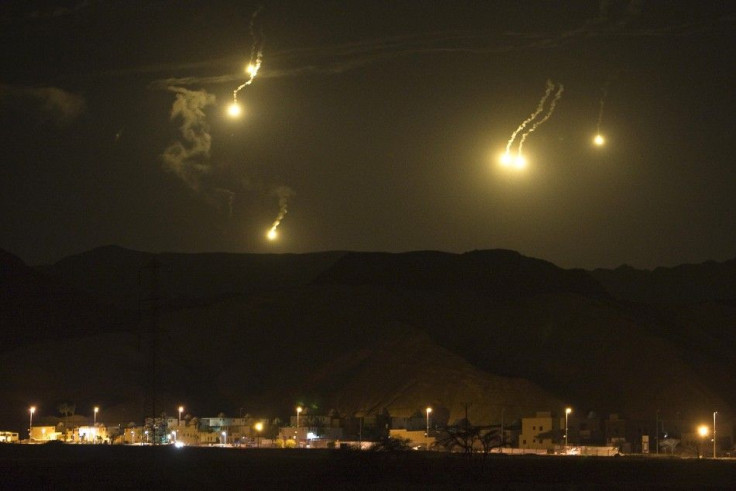Egypt Withdraws Envoy to Israel Over Killing of Troops

Egypt has said it is withdrawing its envoy to Israel, holding Tel Aviv responsible for the deaths of five Egyptian border troops on Thursday. The latest development marks the lowest ebb in the relations between the two countries that had maintained cold peace over the last several decades.
The Egyptian policemen were killed when Israeli forces engaged Palestinian militants who had carried out attacks in southern Israel. Cairo has asked Tel Aviv to offer an apology for the incident and demanded an investigation.
In a statement, the interim Egyptian cabinet said: The Cabinet committee has decided to withdraw the Egyptian ambassador in Israel until the result of investigations by the Israeli authorities is provided and an apology from the Israeli leadership over the hasty and regrettable statements about Egypt is given.
Palestinian gunmen had crossed into Israeli territory on Thursday and launched a daring attack that killed eight people, prompting Israel to launch air strikes on targets in Gaza that killed at least 14 Palestinians.
Egypt deplores the irresponsible and hasty statements made by some leaders in Israel, which lack the wisdom and prudence and passes judgement before arriving at the truth, particularly keeping in mind the sensitivity of Egyptian-Israeli relations, the statement said.
The ouster of Hosni Mubarak from power in Egypt has made Israel a lot lonelier in the region, where it is surrounded by enemies. Ever since Egypt and Israel signed the Camp David treaty peace has prevailed between the two erstwhile foes, but Egyptian rulers have long faced strong popular anger against Israel over its highhanded stance against the Palestinians.
During Mubarak's regime, large constituencies in Egypt demanded the withdrawal of diplomatic relations with Israel. There were even calls for arming the Hamas, direst of Israel's enemies in the region. However, Mubarak had remained a tough customer all along. He remained a loyal ally of Washington from where his government got massive aid as well as military hardware.
Israel has always feared the fall of Mubarak will turn a page in the decades-long history of cold peace existing between the two countries. It had feared that the emergence of a populist government in Egypt will herald an unfriendly era.
A Gallup poll conducted in 2008 showed that as much as 64 per cent of Egyptians wanted their country to adopt Islamic law. Mubarak's support of Israel was one major factor that alienated his people and led to his downfall. Common people in Egypt are fierce supporters of the Palestinian's struggle for freedom from Israel's clutches. Most of them also support Hamas, the worst enemy of Israel. There have been vociferous calls from Egyptians to open the Rafah crossing-point into Gaza.
© Copyright IBTimes 2025. All rights reserved.





















